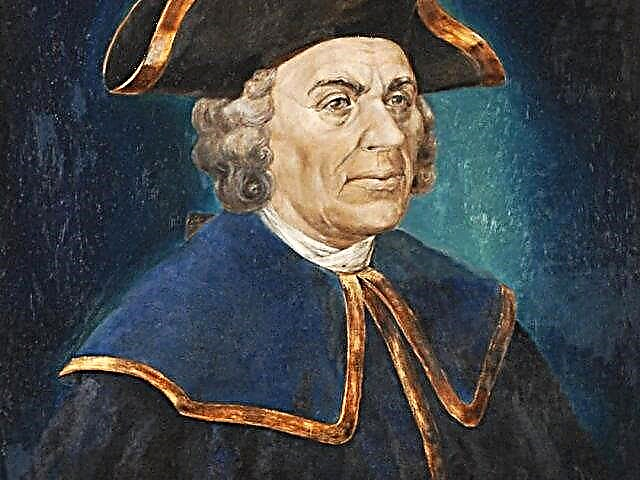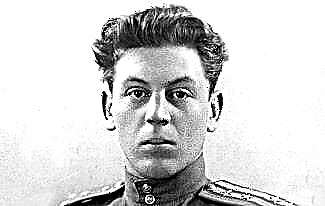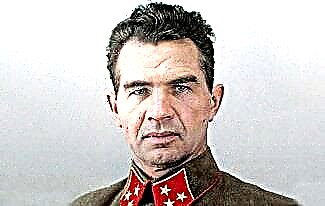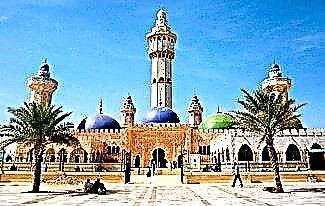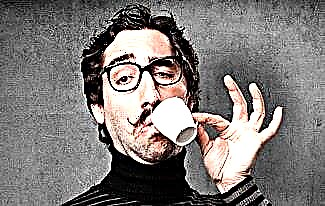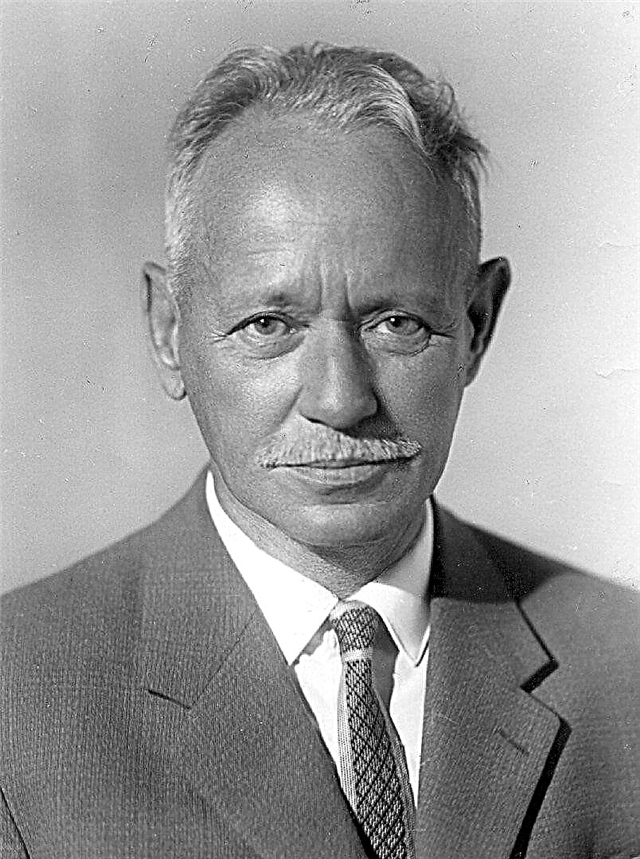Mustai Karim (real name Mustafa Safich Karimov) - Bashkir Soviet poet, writer, prose writer and playwright. Honored Artist of the RSFSR and laureate of many prestigious awards.
The biography of Mustai Karim is permeated with various interesting facts from his personal, military and literary life.
So, before you is a short biography of Mustai Karim.

Biography of Mustai Karim
Mustai Karim was born on October 20, 1919 in the village of Klyashevo (Ufa province).
The future poet grew up and was brought up in a simple working class family. Besides him, 11 more children were born to Mustai's parents.
Childhood and youth
According to Mustai Karim himself, his elder mother was engaged in his upbringing. This is due to the fact that the father had 2 wives, which is a common practice for Muslims.
The child considered her his own mother until he was informed that the second, younger wife of his father, was his real mother. It is worth noting that there have always been good relationships between women.
Mustai was a very curious boy. He enjoyed listening to fairy tales, legends and folk epics.
While studying in the 6th grade, Mustai Karim composed his first poems, which were soon published in the "Young Builder" edition.
At the age of 19, Karim became a member of the Republican Union of Writers. At this time of the biography, he collaborated with the publication "Pioneer".
On the eve of the Great Patriotic War (1941-1945) Mustai graduated from the Bashkir State Pedagogical Institute.

Subsequently, Mustai Karim was to work as a teacher in one of the schools, but the war changed these plans. Instead of teaching, the guy was assigned to the military communications school.
After training, Mustai was sent to the motorized rifle brigade of the artillery battalion. At the end of the summer of the same year, the soldier was seriously wounded in the chest, as a result of which he spent about six months in military hospitals.
Having recovered his health, Karim again went to the front, but already as a correspondent for military newspapers. In 1944 he was awarded the Order of the Patriotic War, 2nd degree.
Mustai Karim met the long-awaited victory over Nazi Germany in the Austrian capital Vienna. This was one of the most joyful episodes in his biography.
After demobilization, Karim continues to write with great enthusiasm.
Poetry and prose
Over the years of his life, Mustai Karim published about a hundred collections of poetry and stories, and wrote over 10 dramas.
When his works began to be translated into different languages, he gained great popularity not only in the USSR, but also abroad.

In 1987, a film of the same name was shot based on the play On the Night of the Lunar Eclipse. In addition, some of Mustai's works were staged in theaters.
In 2004, the story "Long, Long Childhood" was filmed.
Personal life
At the age of 20, Mustai Karim began courting a girl named Rauza. Young people began to meet and after 2 years they decided to get married.
After graduation, Mustai and Rauza planned to go together to Ermekeevo to work as teachers, but only his wife left there. The wife was taken to the front.
When Karim fought at the front, his son Ilgiz was born. An interesting fact is that in the future Ilgiz will also become a writer and will be a member of the Writers' Union.

In 1951, a girl named Alfia was born to Rauza and Mustai. In 2013, she and her brother founded the Mustai Karim Foundation, which supports the development of the Bashkir language and literature.
Karim's grandson, Timerbulat, is a major entrepreneur and billionaire. For some time he served as senior vice president of VTB Bank.
In 2018, Timerbulat, by order of Vladimir Putin, was awarded the Order of Friendship for "active efforts to preserve, enhance and popularize the cultural and historical heritage of Russia."
Death
Shortly before his death, Karim was hospitalized in a clinic with heart failure, where he spent about 10 days.
Mustai Karim died on September 21, 2005 at the age of 85. The cause of death was a double heart attack.
In 2019, an airport in Ufa was named in honor of Mustai Karim.
Photo by Mustai Karim




